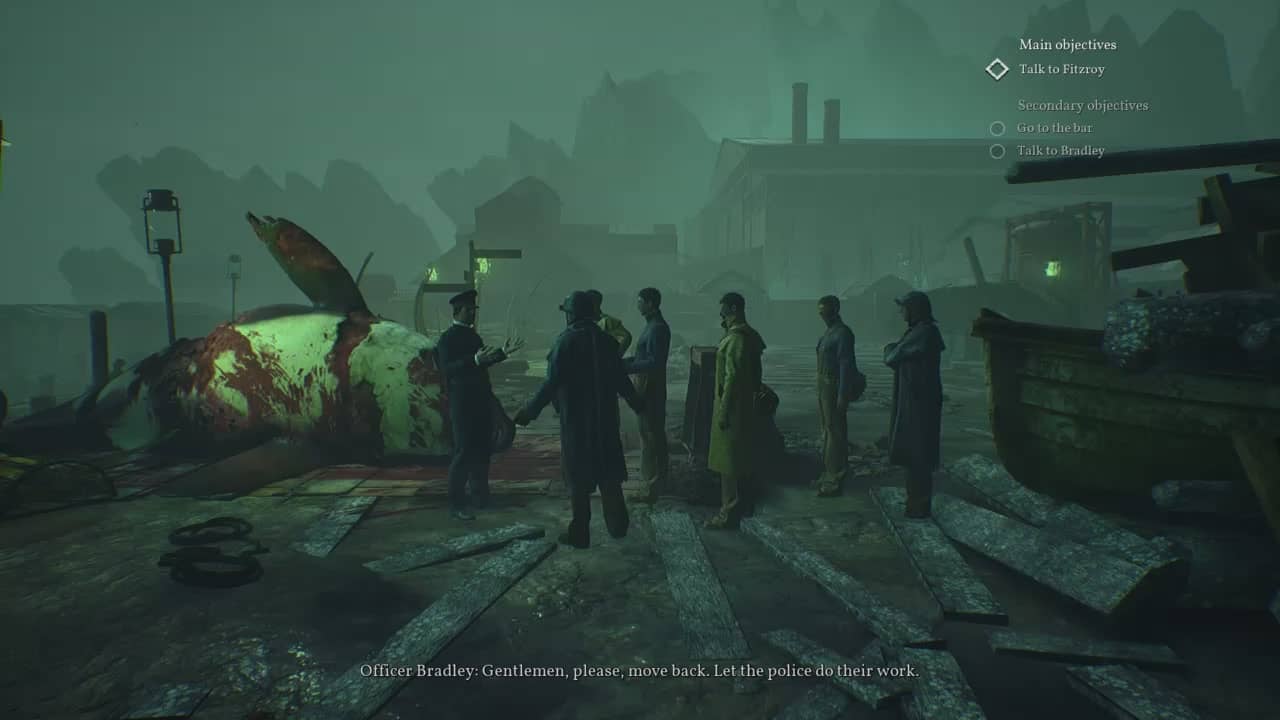

Then there are the many manuscripts within Thurston's document-for example, Wilcox, Webb, and Legrasse's accounts in Angell's papers, the Sydney Bulletin article, and Johansen's diary. First and foremost there is Thurston's document, which is the primary organizing document of the entire tale, and which we encounter after Thurston has died. Specifically, Lovecraft's story follows a recursive epistolary structure of letters, and letters-within-letters, and so forth. Lovecraft composes "The Call of Cthulhu" in the epistolary format, written as a series of documents. Although the story impressed critics after its initial publication, Lovecraft himself called it "rather middling-not as bad as the worst, but full of cheap and cumbrous touches." As Francis delves into the mystery of this creature, he encounters a litany of mysterious and intriguing horrors that lead him all over the globe, and test the limits of his own sanity. Within these manuscripts, he finds a clay bas-relief of a strange creature exhibiting aspects of an octopus, a dragon, and a human.

The plot centers around a man named Francis Wayland Thurston who discovers a series of manuscripts left behind by his grand-uncle, a recently deceased distinguished linguistics professor at Brown University. Lovecraft: Against the World, Against Life, Michel Houellebecq calls "The Call of Cthulhu" Lovecraft's first "great text," influenced by the collected works of Algernon Blackwood and Alfred Lord Tennyson's 1830 sonnet "The Kraken." Literary critics who regard "The Call of Cthulhu" as one of Lovecraft's major achievements have praised the story's marvelously suggestive ability to build a complex cosmological world, which strikes genuinely fearful and wondrous chords in the heart of the reader. The story originates a fictional mythology that Lovecraft's correspondent and protege August Derleth would later expand into the "Cthulhu Mythos." Farnsworth Wright, the editor of Weird Tales, initially rejected the story, and only published it later at the subtle suggestion of Lovecraft's friend Donald Wandrei. Lovecraft, an early twentieth-century short-story writer famous for his works of horror and science fiction. First published in 1928 in the pulp magazine Weird Tales, " The Call of Cthulhu" is a short story by American author H.P.


 0 kommentar(er)
0 kommentar(er)
